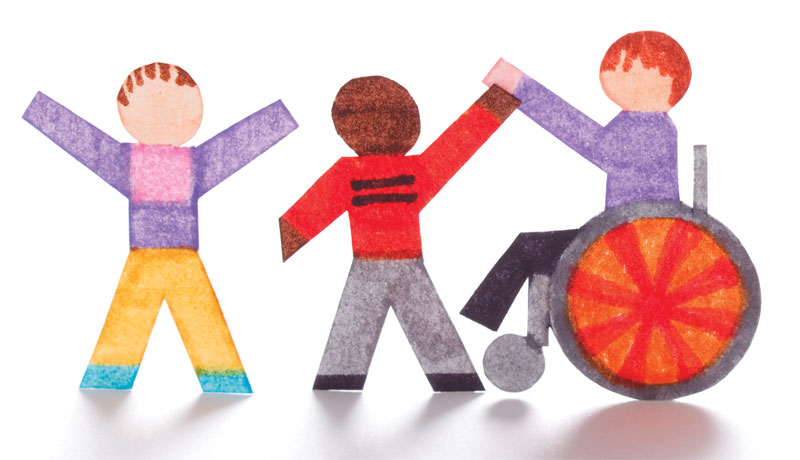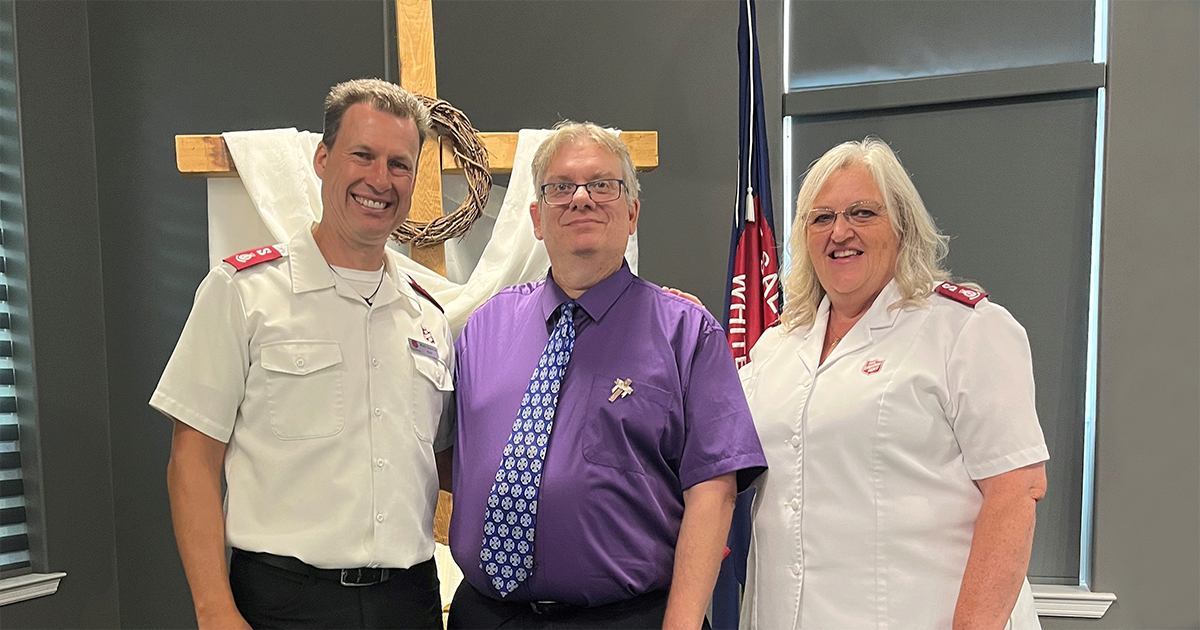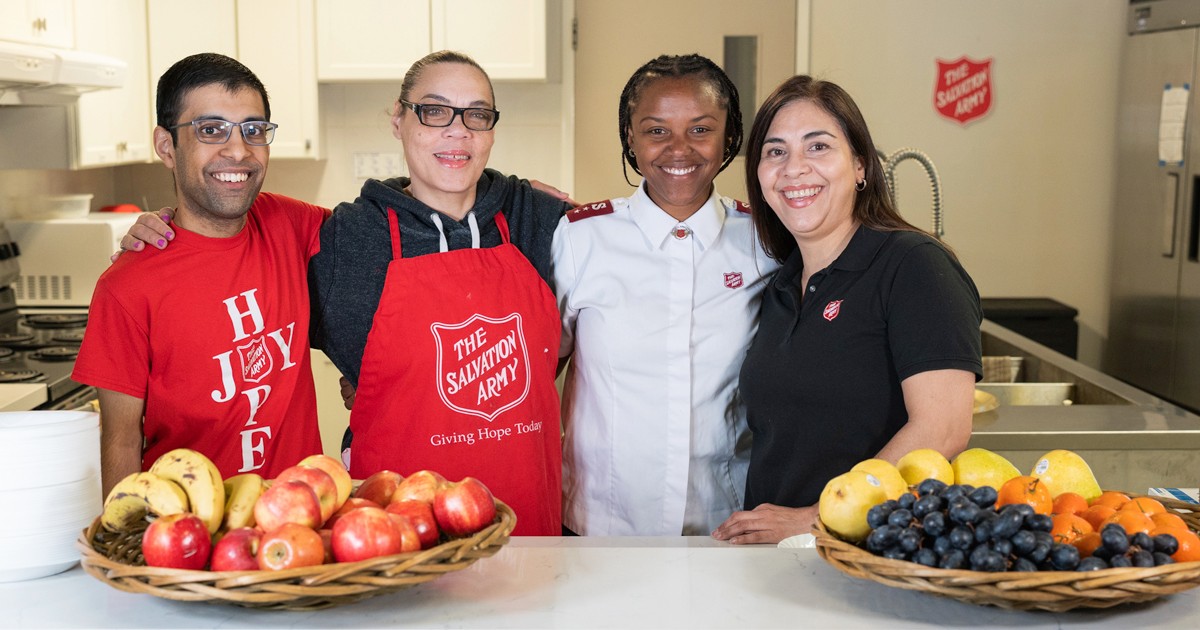In our social media world, the story went viral. Is it because people are amazed that someone with autism could be so talented? If the person had another type of disability, would the title have been “Diabetic Contestant Stuns Judges”? Couldn’t the headline simply have read: “Contestant Stuns on America’s Got Talent”? While we have come a long way as a society in avoiding discrimination, there is still room to grow.
Service in Faith
More than 650 million people around the world live with disabilities, with most experiencing some type of discrimination. Community Venture is a ministry unit in Winnipeg in the Prairie Division, providing services and meaningful supports to those living with a cognitive disability. We strongly identify with The Salvation Army’s new core values, particularly “Service: We reach out to support others without discrimination.”
Mother Teresa said, “Give your hands to serve and your heart to love.” But is it really that simple? How do you do this without discrimination when a person is living with a disability? How do you do it in faith?
Opening our hearts provides opportunities to lose oneself in the service of others while discovering our own lives and happiness. This is truly the definition of service without discrimination. Service by the heart is service in faith.
Philippians 2:3-4 says, “Do nothing from selfish ambition or conceit, but in humility count others more significant than yourselves.Let each of you look not only to his own interests, but also to the interests of others” (ESV).
Service Versus Support
What’s the difference between service and support? Service is the product we provide while support is the way we do it. Since everyone is unique—how we communicate, our mobility, what needs are specific to us—the support we give should be designed to the individual. There is no cookie-cutter approach. Creating an environment of support allows people to flourish to their full potential, and more important, it lets them know that they are being seen as a person.
So how do we move from service to support? How do we provide for people without discriminating? How do we help them reach their goals? Make the person the focus. “Person First” is the guiding principle on which Community Venture bases its services. We see beyond the disability to the true person.
Part of that involves using inclusive language. Years ago at Community Venture, we stopped referring to individuals as clients. We wanted a word that would acknowledge that the individuals were the ones in charge. Words such as customer or consumer were tossed around before we decided member was the best fit. Membership means belonging. For us, it indicates that a person has made their own choice to be part of Community Venture.
Dreams Fulfilled
When we put the focus on the person, we allow them to dream. We all have dreams! A disability does not prevent people from dreaming. It doesn’t stop them from being singers or artists. It doesn’t stop them from learning or being part of a community. Support is about creating a partnership in which members give the direction and we provide the ways to reach their goals and dreams. It’s about developing strategies to address the obstacles that are preventing them from living to their fullest potential.
This often means taking small steps and adapting to needs. Each success is a celebration. What one may consider a small accomplishment to another is a huge achievement. For example, we had an individual in a wheelchair who wanted to be independent. The day he was able to hang up his jacket by himself was one of his proudest moments. And we all celebrated.
As a society and as The Salvation Army, we must continually challenge the way we think. We need to be there for people so we can address what is making them vulnerable. We need to be open to all, remembering that, at any time, any one of us could end up in a similar position. In the Army, our services should always reflect our core values of service without discrimination. After all, we are all God’s children.
Kim Park is the executive director of Community Venture in Winnipeg.
This is the third in a series on the Canada and Bermuda Territory’s new core values: dignity, hope, service and stewardship (visit salvationist.ca/corevalues)
Illustration: timsa/E+ via Getty Images










Leave a Comment